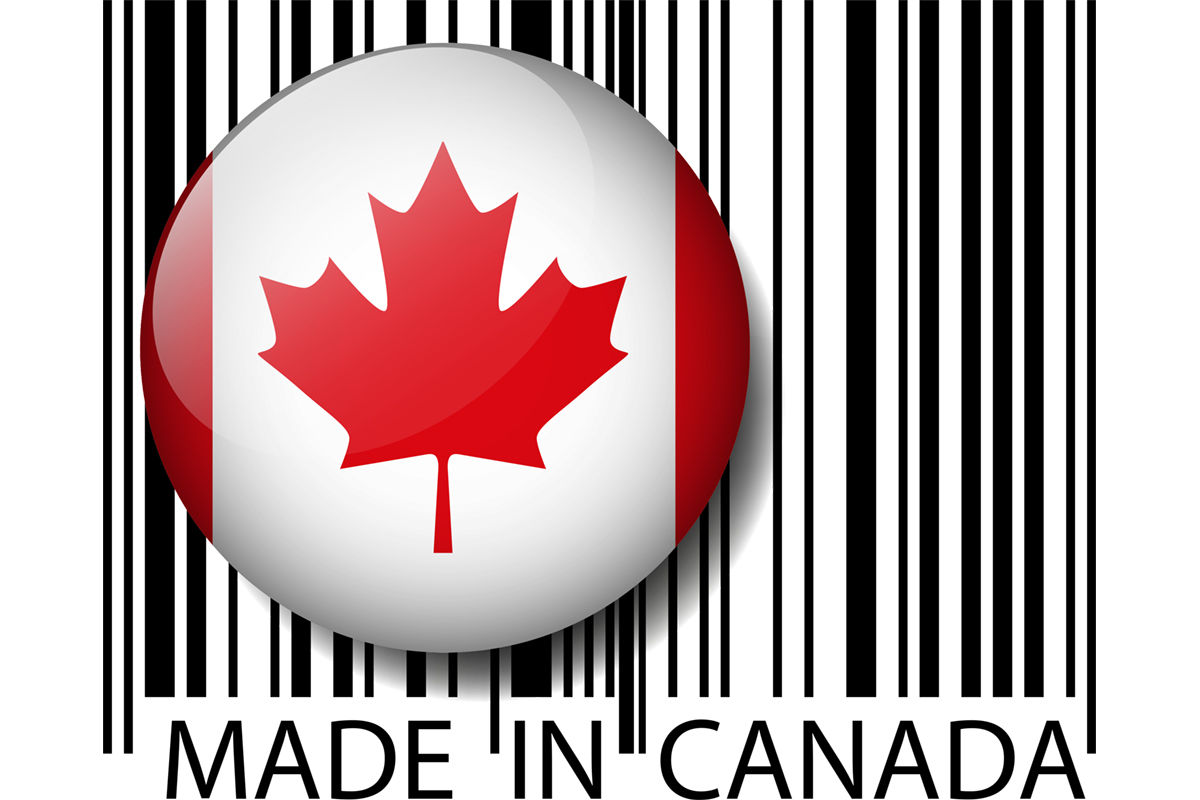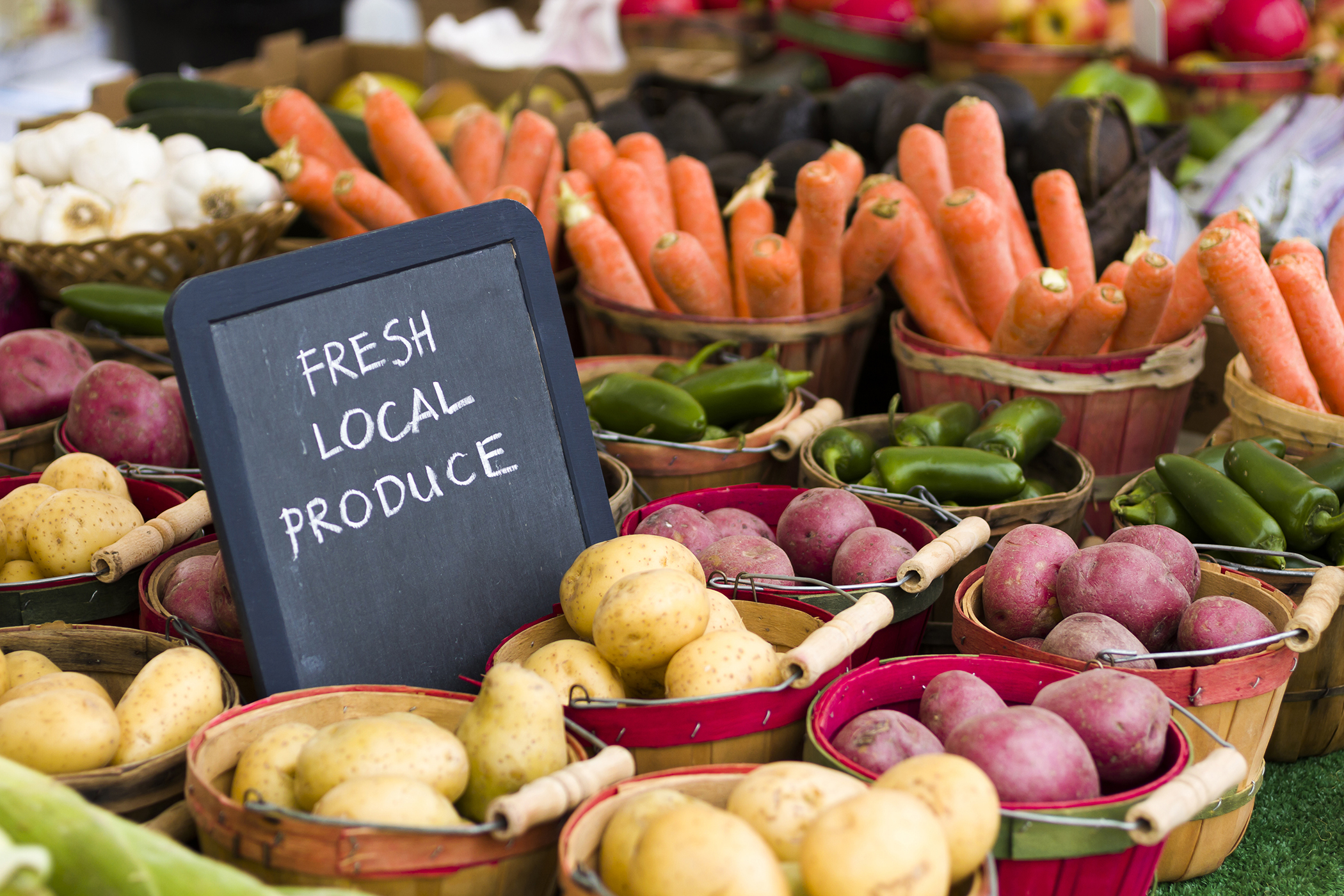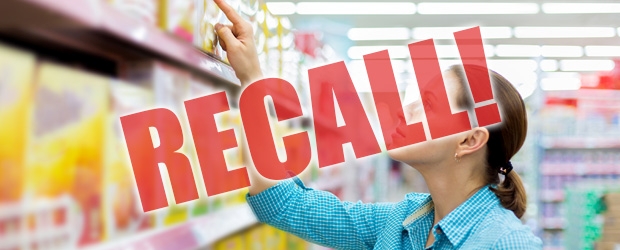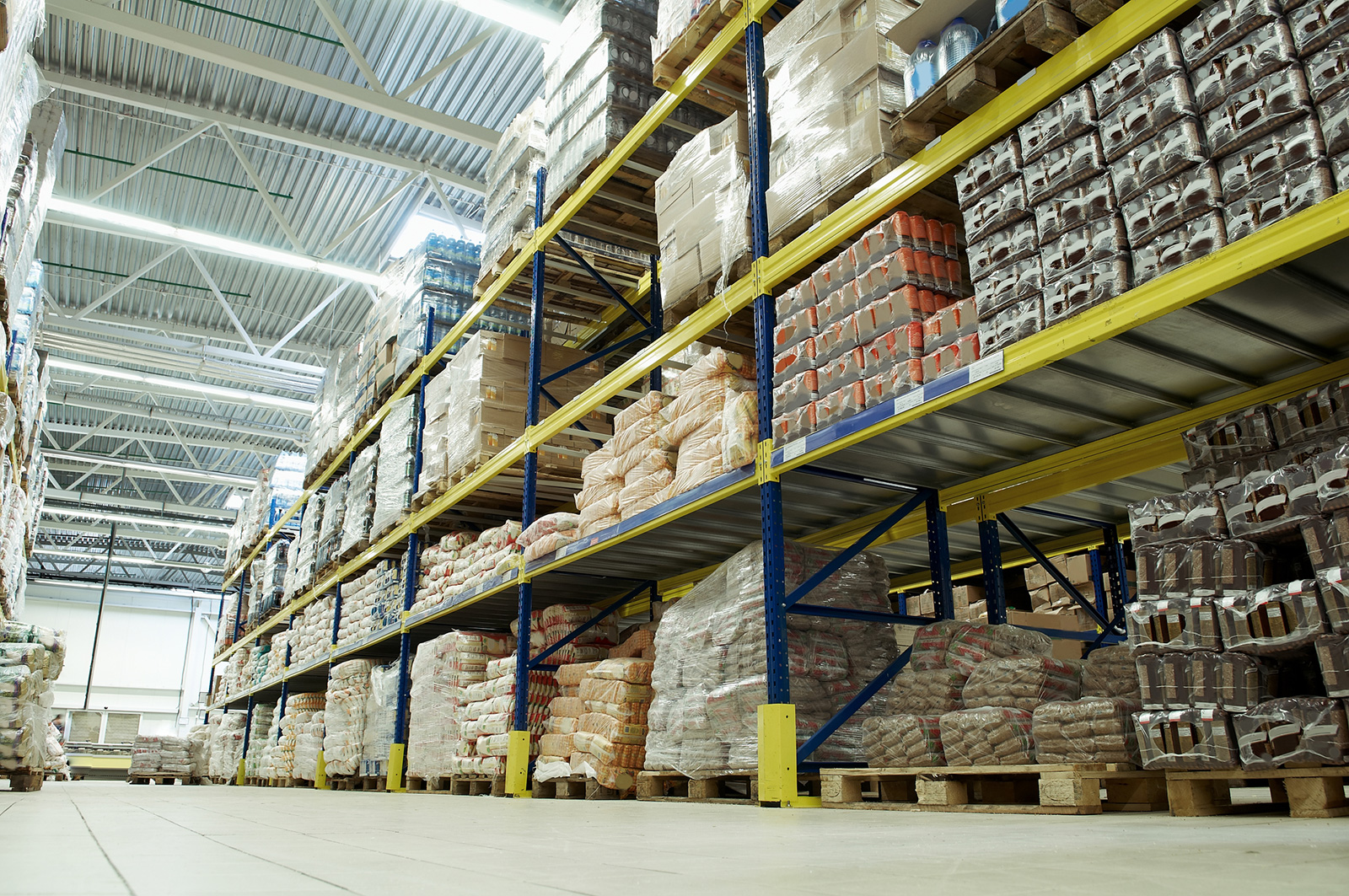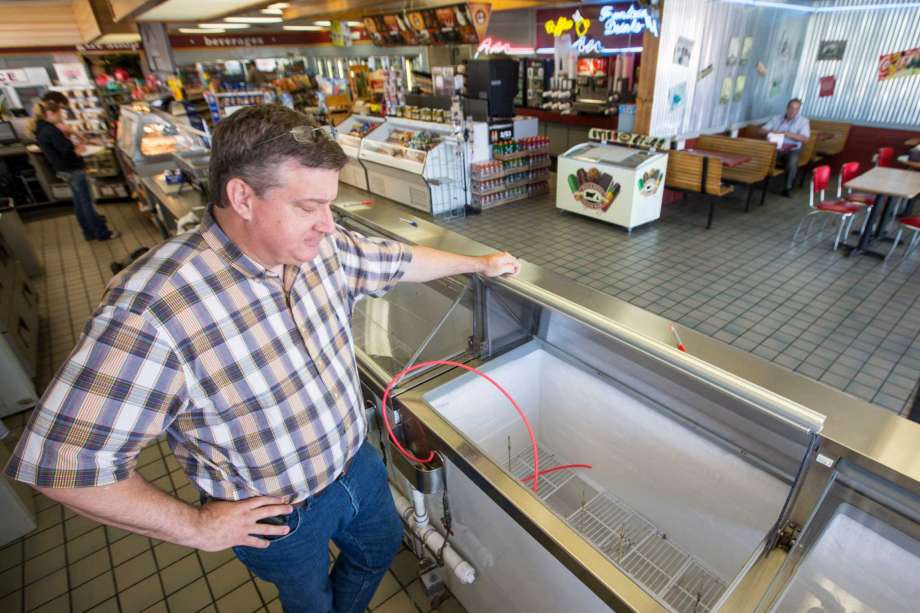As I’m sure those of you in the food import business are aware, FDA finalized its rule on Foreign Supplier Verification Programs (“FSVP”) for Importers of Food for Humans and Animals. The rule requires that importers implement a FSVP to verify that their foreign suppliers are producing food in a manner that provides the same level of public health protection as the preventive controls or produce safety regulations, and to ensure that the supplier’s food is not adulterated and not misbranded with respect to allergen labeling.
If you import food into the U.S. you must comply with the requirements under the rule or face regulatory action. The following is an overview of rule and what your business can do to comply its requirements.
What Importers Are Affected: The rule applies to all importers of food into the U.S. An “importer” is the U.S. owner or consignee of food that is being offered for import or, if there is no such owner or consignee, the U.S. representative or agent of the foreign owner or consignee at the time of entry.
What Food Is Covered: The FSVP Rule applies to all food that is imported or offered for import into the United States. Certain foods are not covered by FSVP, including (1) juice and fish that complies with FDA’s Hazard Analysis and Critical Control Point (“HACCP”) regulations; (2) food for research or evaluation; (3) food for personal consumption; (4) alcoholic beverages; (5) food that is imported for processes and future export; (6) low-acid canned foods; and (7) certain meat, poultry, and egg products that are regulated by the U.S. Department of Agriculture at the time of import. The rule also sets forth modified requirements for importers of dietary supplements and dietary supplement components, very small importers, and importers of food from certain small foreign suppliers.
Importer Requirements Under Rule: Each importer must develop an FSVP that ensures “foreign suppliers” are producing food in a way that provides the same level of protection as what is required under the Preventive Controls Rules and the Produce Safety Rule (if applicable) and ensure that the supplier’s food is not adulterated and is not misbranded with respect to allergen labeling. A “foreign supplier” is an entity that manufactures, processes or grows food, or raises animals that are exported to the U.S. without further manufacturing or processing.
What Must Be Included: An FSVP must be developed by a “qualified individual” who must perform the various activities and be able to read and understand the language of any records that must be reviewed. In developing an FSVP, an importer is required to conduct and document the following activities:
- Hazard Analysis: An importer must complete a written hazard analysis that identifies potential hazards for each food and each supplier, including biological, chemical (including radiological) and physical hazards.
- Risk Evaluation: An importer must evaluate the risk posed by a food, based on the hazard analysis, and the foreign supplier’s performance. Factors that importer’s must consider in the evaluation can include the foreign supplier’s procedures, processes and practices related to food safety, and any information that FDA may have regarding the foreign supplier’s compliance. The importer can also rely on another entity to perform the risk evaluation under certain circumstances.
- Verification Activities: Based upon the evaluation of risk conducted, the importer must establish and follow written procedures to ensure that it only imports from approved foreign suppliers. Appropriate supplier verification activities may include annual on-site audits of the supplier’s facility, sampling and testing, or a review of the supplier’s relevant food safety records. The importer can also rely on another entity to determine and perform appropriate supplier verification activities under certain circumstances.
- Supply Chains: The final rule also adds flexibility and recognizes the reality of modern distribution chains by not requiring an importer to conduct supplier verification (or evaluate the risk posed by a food and the foreign supplier’s performance) when the hazard requiring a control in a food will be controlled by a subsequent entity in the distribution chain in the United States. For example, if an importer’s customer will control the hazard, the importer can rely on its customer to provide written assurance that the food will be processed for food safety and must disclose that the food has not been processed to control the identified hazard. If the hazard will be controlled by a subsequent entity in the distribution chain, the rule requires disclosure that the food has not been processed to control the identified hazard as well as a series of written assurances starting with assurances from the customer to the importer and continuing the obligation to provide written assurance of processing for food safety throughout the distribution chain. The rule provides flexibility for an importer to establish, document and implement an alternative system that ensures adequate control, at a later distribution step, of the hazards in a food product distributed by a manufacturing/processing facility.
- Conduct Corrective Actions: If something goes wrong and an importer determines that its foreign supplier has not used safe processes and procedures, the importer must take immediate corrective action. The appropriate action will depend on the circumstances, but can include discontinuing use of the foreign supplier until the cause of noncompliance, adulteration or misbranding has been adequately addressed.
The risks evaluated as part of an FSVP must be promptly reevaluated upon the discovery of new information. Additionally, an FSVP must be reassessed for each food and each foreign supplier at least once every three years. Based on the results of any such FSVP reassessment, an importer must promptly adjust its supplier verification activities if necessary.
What is the Deadline to Comply: Importers must comply with the rule by the latest of the following dates:
- 18 months after publication of the final rule;
- For the importation of food from a supplier that is subject to the preventive controls or produce safety rules, six months after the foreign supplier is required to meet the relevant regulations;
- For an importer that is itself a manufacturer or processor subject to the supply-chain program provisions in the preventive controls regulations, the date by which it has to comply with those provisions.
It is important for companies to determine whether they are subject to FSVP requirements, and, if so, to begin taking steps to ensure compliance. If you are unsure of whether your company is subject to, or if you need assistance complying with, the FSVP rule please contact our attorneys at Morsel Law.

